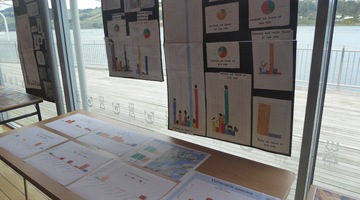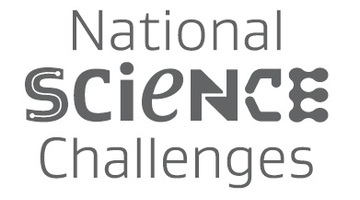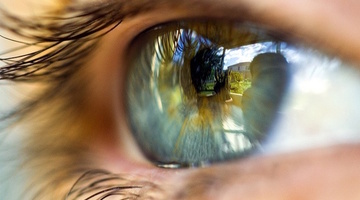

When well managed, class discussion can help students examine, evaluate and share knowledge about a subject, providing opportunities for students to think critically and creatively, consider ...
READ MORE

Primary Science Week 2016 has a focus on soil. Don’t confuse dirt with soil – did you know there are more living things in a teaspoon of healthy soil than there are people alive on the Earth? Dig ...
READ MORE

Teaching science to primary school students is not simple. Teachers need to be able to take science concepts and present them in ways that enable students to learn. The two-part science planning ...
READ MORE

As New Zealanders looking to the future, we are faced with many opportunities – and challenges. These include improving the health of all our people, advancing our economic growth, protecting our ...
READ MORE

Observing and asking questions are essential parts of what a scientist does. Through their observations, scientists try to build more accurate explanations of how the world works. The scientists ...
READ MORE

Water seems to be everywhere in New Zealand. Oceans surround us. There are hundreds of lakes and rivers. Some South Island regions get more than 10 metres of rain each year. We have so much ...
READ MORE

Our atmosphere and climate 2020 is an environmental report produced by the Ministry for the Environment and Stats NZ. The report uses extensive long-term datasets to demonstrate some of the ...
READ MORE

Barometers work on the principle that the air pressure can change. High air pressure tends to indicate fair weather, and low air pressure can indicate poor or rainy weather. A barometer shows the ...
READ MORE

Continually, there are right and wrong messages about the nature of science in our classroom teaching and in popular media. In this activity, students view two video clips that highlight how ...
READ MORE
In this video, Dave Campbell and Keith Hunter discuss what weather and climate are, and how the water cycle is key to the weather. Weather describes the condition of the air masses overlying land ...
READ MORE
Watch the many layers of clothing Leah Adlam needs to put on in order to be dressed properly for the Antarctic outdoors. Points of interest for teachers: This video clip is without sound and sped ...
READ MORE
NIWA scientist Dr Katja Riedel travels to Antarctica to collect 300-year-old ice samples. She studies the ice to learn how our atmosphere has changed over the centuries.
READ MORE

This interactive uses information from Our atmosphere and climate 2023 – an environmental report produced by the Ministry for the Environment and Stats NZ – to present evidence of climate change ...
READ MORE

Discover a range of scientific approaches – select a label for videos and more information to support your understanding.
READ MORE

Sea stars have many weird and wonderful adaptations including both sexual and asexual reproduction. Click on any of the labels in this interactive to view short video clips or images to learn ...
READ MORE